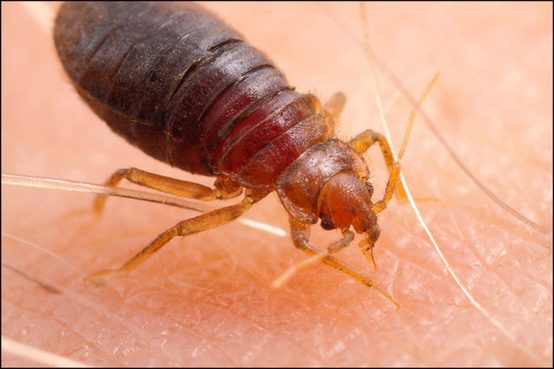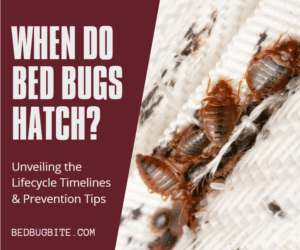When it comes to answering the question above, we have to look at three factors
- The age of the bedbug
- Resistance to pesticides
- The temperature of the living environment

Regarding the age of the bed bug, a nymph, which is just a newly hatched egg is the second stage of the life cycle of bed bugs. These nymphs undergo five stages of molting before they become adults. Because of their need to grow at this early stage, nymphs must feed on a regular basis. Notwithstanding, nymphs can still survive without feeding for some weeks.
Without the availability of blood, nymphs can survive for a few weeks, while adult bed bugs can survive for up to five months. One factor that necessitates the need for bed bugs to feed is temperature. If the living conditions are warm, bed bugs tend to feed more as compared to when the living conditions are cold.
As soon as a bed bug finds a suitable host, it settles and feeds for a couple of minutes. The stage of life cycle of the bug, quantity of blood intake previously and time since last blood meal all determine the duration of feeding. After the blood meal, the bed bugs go back to its hiding place to rest or breed.
How Often Do Bed Bugs Feed?
Typically, bed bugs feed every three to seven days interval; this means most bed bug population are usually in digestion mode rather than feeding most of the time. Mind you, because a bed bug infestation can get out of hand very quickly, it will often mean you wake up to a series of new bites now and then. The bites usually lead to lack of sleep and increased stress levels



